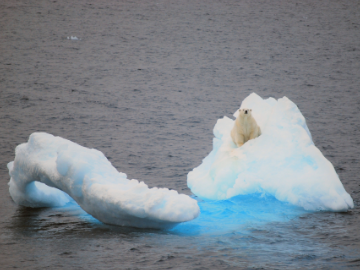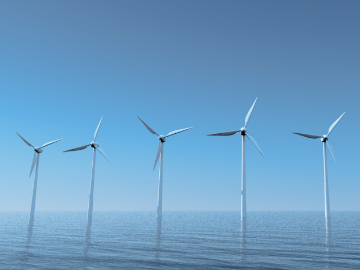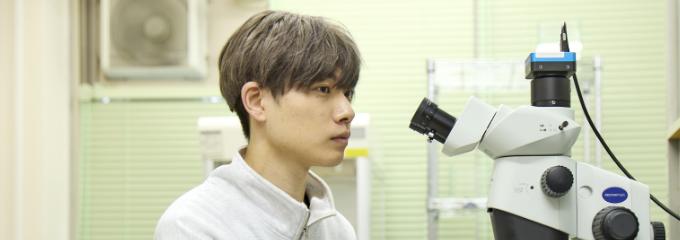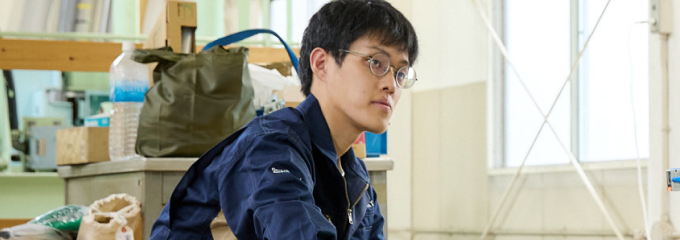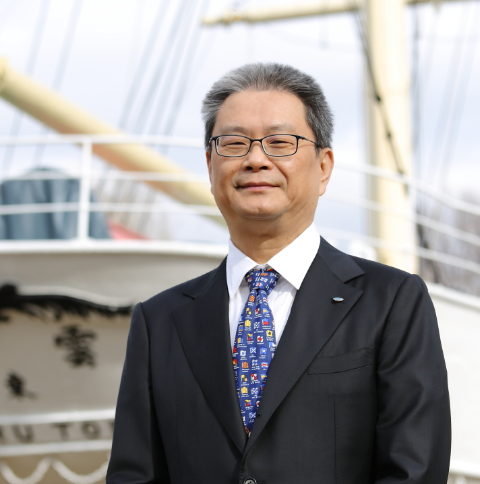bob博彩公司_申博体育在线-投注*官网 version
1. Policy for organizing the curriculum
At the Faculty of Marine Resources and Environment, we offer ``General Subjects,'' ``Introductory Subjects,'' ``Basic Specialized Subjects,'' and ``Specialized Subjects,'' in order to help students acquire the four foundations and abilities listed in ``2'' below. We will systematically organize ``special subjects'' and ``global career-related subjects.''
2. Policies regarding educational content and educational implementation methods
Class subjects are divided into ``general subjects,'' ``specialty introductory subjects,'' ``basic specialized subjects,'' ``specialized subjects,'' and ``global career-related subjects,'' with lectures and exercises. , conduct experiments and practical training.
(1)Specialized knowledge
In order to help students acquire comprehensive basic knowledge of marine science from the atmosphere to the subsea floor, specialized knowledge regarding the development and use of marine resources and energy, conservation, restoration, and impact assessment of the marine environment, etc. Basic specialized courses are held in the first to third years, and specialized courses are mainly held in the second and third years. In order to help students acquire cross-sectional basic knowledge related to oceans that is common to both departments, we will set up many subjects that are common to both departments as part of the basic specialized subjects.
(2) Rich internationality and wide-ranging education
In order to help students acquire communication skills, including language skills, presentation skills, and a high level of international and cultural knowledge, and thereby contribute to the development of problem-identifying and problem-solving skills, we implement "general subjects" and We will conduct "Global Career Related Subjects" related to bob博彩公司_申博体育在线-投注*官网 qualification exams, study abroad, and career development. In order to help students acquire basic knowledge of the natural sciences, mathematical sciences, humanities and social sciences, and basic information technology, which serve as the basis for learning specialized subjects, the first and second years mainly offer specializations. We will conduct "Introductory Subjects" and "Basic Specialized Subjects."
(3) Ability to think and make decisions independently
In order to acquire the foundation and ability to think logically and make accurate judgments based on a variety of information, we provide exercises, experiments, practical training, and A 4th year seminar and graduation thesis will be held. Furthermore, in order to help students acquire the ability to make ethical decisions, we provide education related to researcher ethics as part of the fourth-year seminar.
(4) Practical skills that can be used in the field
In order to acquire the applied and practical skills to effectively utilize knowledge, data, and information technology in various situations, integrate them, and make use of them in the marine field, practical training is provided in the second and third years. Students learn the basics, including the basics, and conduct a seminar and graduation thesis in the fourth year to develop the ability to discover issues that need to be solved, plan a path to solving them, and carry out and verify plans based on the plan. We will aim to In addition, in order to smoothly connect to international society, industry, and other societies, we offer ``Global Career-related Subjects'' related to bob博彩公司_申博体育在线-投注*官网 qualification exams, study abroad, and career development, which are required for promotion. Masu.
3. Policy regarding evaluation method of learning outcomes
In all subjects, learning outcomes and achievement of goals will be rigorously evaluated through exams, reports, presentations, etc.




